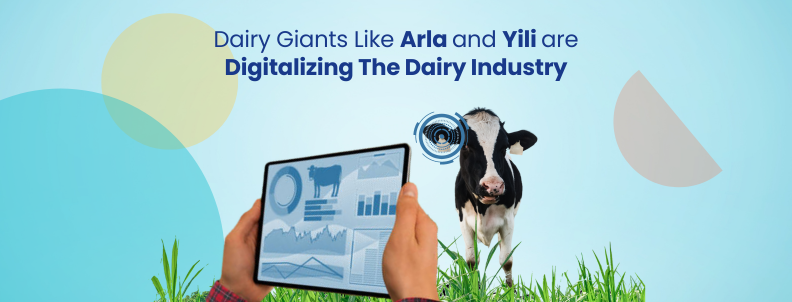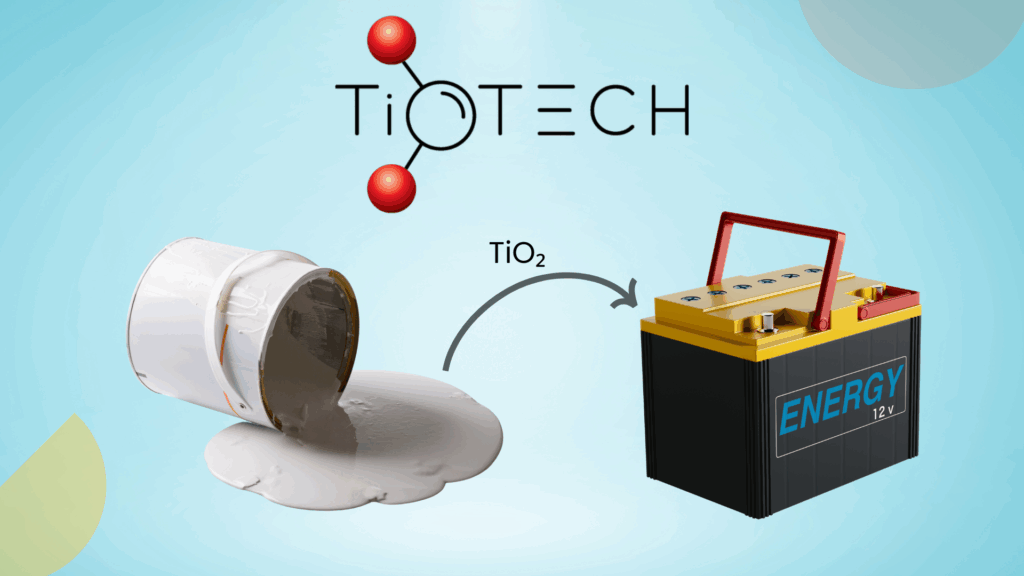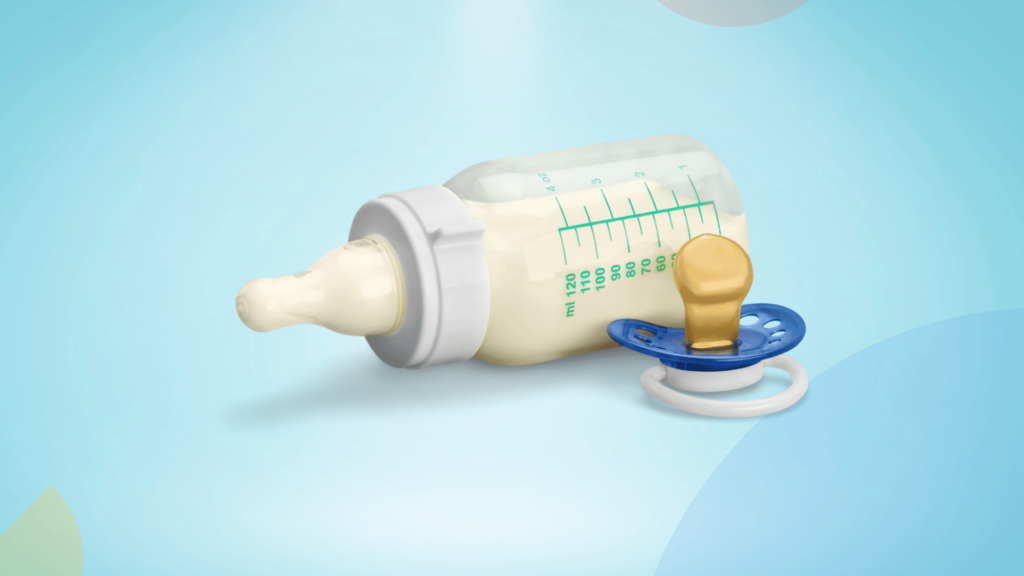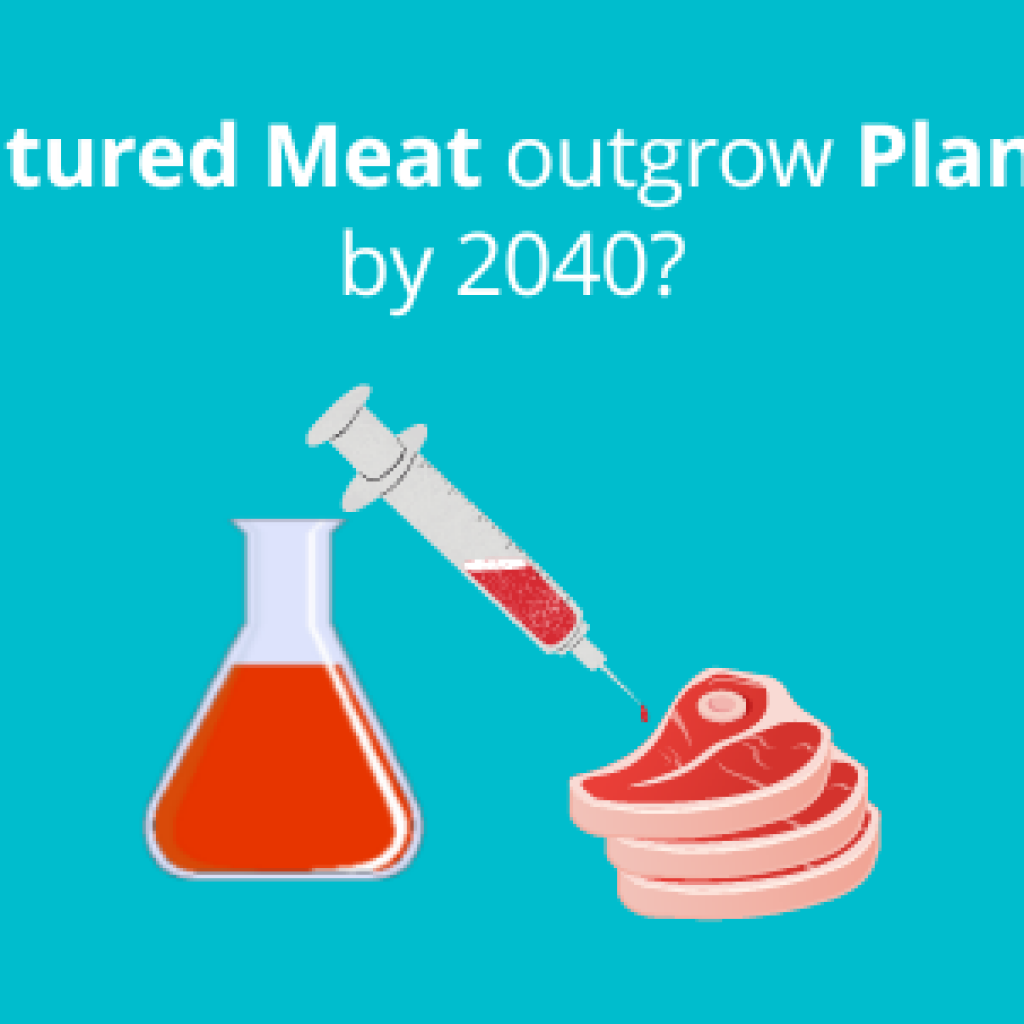The COVID-19 pandemic has even pushed dairy companies to embrace digitalization to engage with consumers effectively, gain insights into consumer behavior, and gather data for optimization and efficiency improvements.
In fact, companies like Nestlé have set up a target to get 25% of their sales from e-commerce by 2025.
It’s clear that the dairy industry, which once lagged behind in terms of digitalization, is now catching up with the latest technology and striving to make up for lost time.
Dairy Giants like Yili, Arla, and Valio are taking the lead in digitizing the dairy industry. But that’s not the only research area on their radar. Find the other challenges the dairy industry is working on in our Dairy Trend report.
Now, let’s see how digitalization is changing the dairy industry.
How Are Dairy Companies Embracing Digitalization?
Focussing On their Digital Presence
The global e-commerce landscape has experienced remarkable growth, with sales soaring from 15% of total retail sales in 2019 to an estimated 22% in 2022.
As a result, dairy companies recognize the importance of establishing a robust digital presence and engaging with consumers through various digital channels. This shift is evident as major dairy companies increasingly prioritize digital transformation and emphasize the growth of e-commerce.
For instance, Arla Foods has outlined its plan to double its online sales, specifically in Europe, by the year 2025.
Putting Digital Intelligence into Use
Dairy companies are actively collaborating with IT firms to leverage digital intelligence and enhance their operations.
Interfood, a leading global dairy supplier, has joined forces with Oracle to harness the power of machine learning, cloud computing, and AI capabilities. By integrating these technologies, Interfood aims to streamline and automate its data management system, enabling real-time insights and operational efficiency.
Yili, on the other hand, has implemented its own consumer tracking system, referred to as the “radar,” to stay attuned to evolving consumer demands and gather feedback on their experiences. This enables Yili to adapt and respond promptly to consumer preferences.
Arla has developed digital shelf analytics tools to measure, track, and optimize its performance in the digital retail space. This empowers Arla to enhance its presence and influence on digital shelves, thus improving sales and customer engagement.
Taking innovation a step further, Valio, a Finnish dairy company, recently launched a milk chocolate created through AI analysis of milk chocolate enthusiasts.
Want to learn more about Valio’s groundbreaking innovation?
Find more information about it in our Dairy Trend Report.
Fill out the form and download the report now!
Dairy Industry Trends 2025
Fill out the form to download the report
Conclusion
With the potential to revolutionize operations, enhance efficiency, and boost competitiveness, digitalization offers a pathway to success in the ever-evolving market landscape.
By adopting digital technologies and leveraging data-driven insights, dairy companies can unlock new opportunities, optimize processes, and stay ahead of the curve.
Therefore, we believe that embracing digitalization is not merely an option but necessary for dairy companies aspiring to thrive in this digital era.
Authored by – Harleen, Vanshika, and Nidhi, Patent Analytics
Edited by – Ridhima, Marketing
Also Read: A Closer Look at Transformational Dairy Industry Innovation Trends in 2025
Next Read: Minimizing GHG Emissions: What are dairy Giants like Danone and Arla doing?










